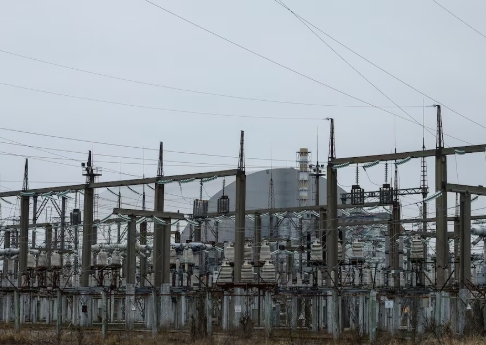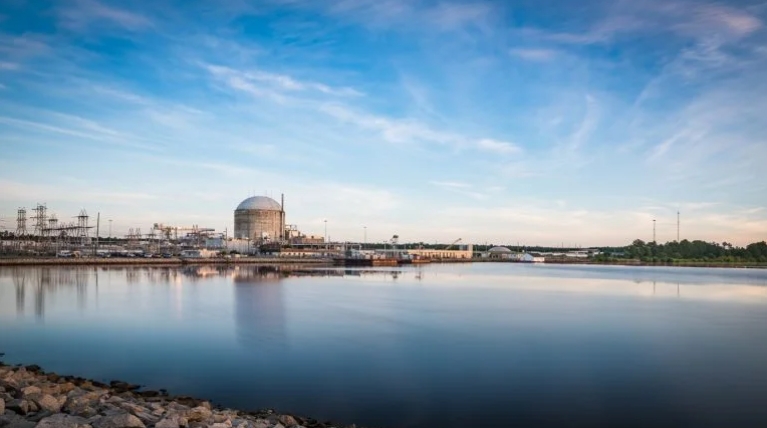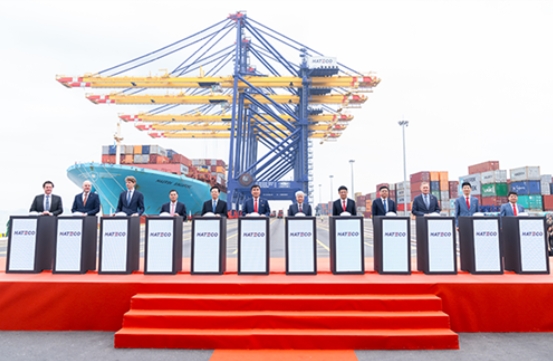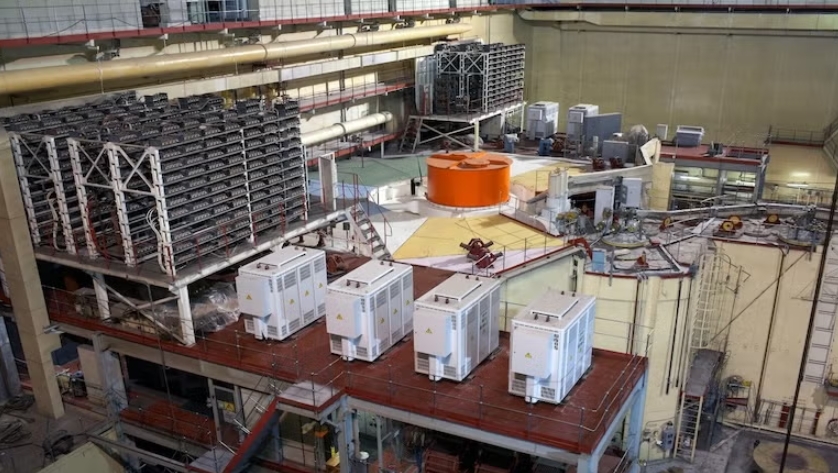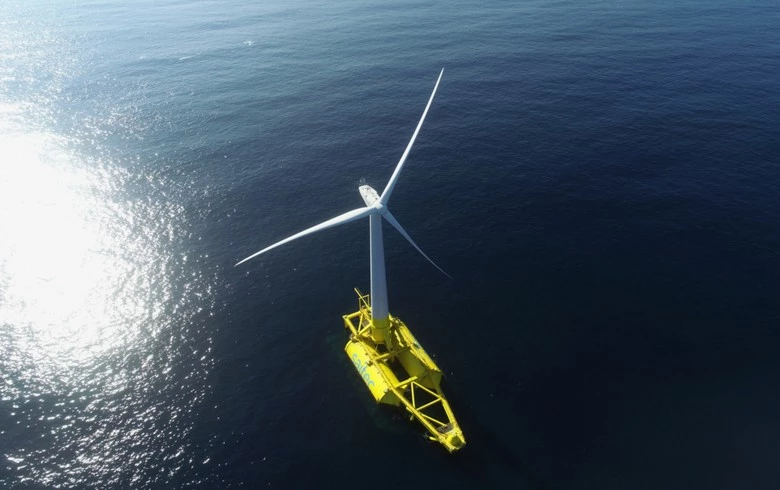
DemoSATH floating wind platform. Image source: Saitec Offshore Technologies
The Spanish government has approved a new royal decree that establishes a regulatory framework for the development of sea-based renewables, clearing the way for offshore wind tenders.
The decree outlines a competitive bidding process for securing sites, remuneration, grid capacity, and concessions for offshore wind and other marine energies, with a focus on minimising environmental impacts and maximising positive outcomes, such as job creation and industrial development.
According to the rules, offshore energy projects will be restricted to specific areas known as "zones of high potential for marine renewables” (ZAPER) that have been previously identified in maritime spatial plans. There are 19 ZAPER zones available, covering a surface area of 5,000 square kilometres (1,930 sq miles), or 0.46% of Spain’s territorial waters.
These zones will be awarded through a competitive bidding process, where successful bidders will be granted a remuneration scheme, a capacity reservation in the electricity grid, and a priority in obtaining a concession to occupy public waters. In the next step, the projects will follow the same permitting procedures and deadlines as onshore renewables.
The evaluation of bids will consider various factors beyond pricing, such as minimising environmental impacts, promoting local employment, and using recycled materials. Up to 30% of the evaluation criteria will be non-price related. For example, projects that can coexist with other marine uses, such as fishing, will be given preference, according to the ministry.
Before the bidding process, there will be a public consultation phase to gather input from stakeholders, including local communities and other marine users. This will help to identify potential impacts and opportunities associated with the projects.
Invitations to public consultations and to tender will be regulated through ministerial orders, which will detail the specific terms and conditions of each bidding process.
Smaller-scale innovative projects and those located in ports of general interest may be exempt from the competitive bidding process. They also may be located outside the ZAPER areas. This will apply to projects seeking to install less than 50 MW of wind power and less than 20 MW in the case of other technologies.
Due to the steep drop-off of Spain's coastline, bottom-fixed offshore wind farms are not feasible. Therefore, the country will aim to install up to 3 GW of floating wind capacity and 60 MW of other marine renewables by 2030. The government expects the offshore renewable energy industry to stimulate economic development, particularly in coastal regions, and create some 40,000 jobs.



